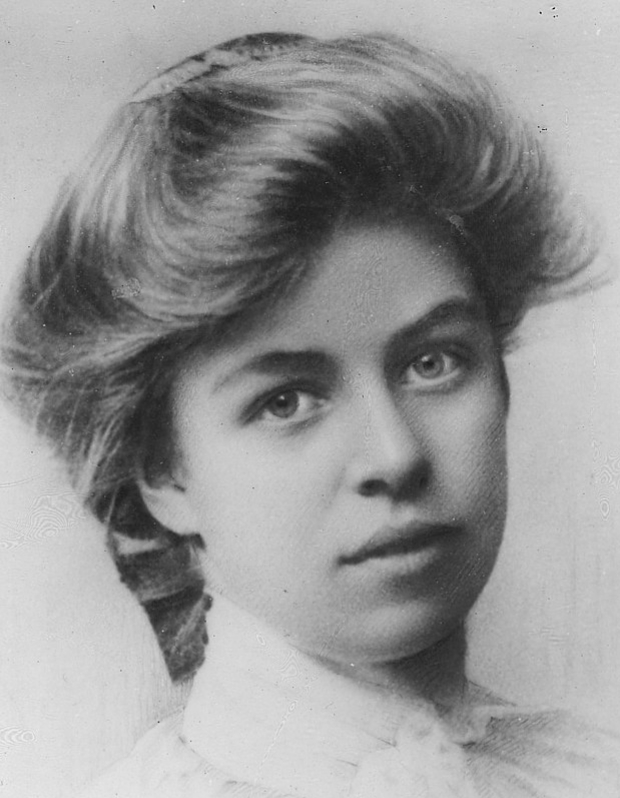On this date in 1884, Eleanor Roosevelt was born in New York City. At 15 she had the privilege of becoming a student at Allenwood, a progressive prep school in Wimbledon, England, run by French headmistress Marie Souvestre, an avowed agnostic. Roosevelt kept a portrait of her mentor on her desk throughout her life.
She married Franklin Roosevelt, her fifth cousin once removed, in 1905 and bore him six children, one of whom died in infancy. She settled into her role as a political helpmeet as he pursued his political career. After he was struck by polio in 1921, she became his “eyes and ears.” As first lady from 1933-45, she threw herself into reforms, including the championing of social justice. She sat in the “black section” at an auditorium in Birmingham, Alabama, in 1938 and resigned from the Daughters of the American Revolution in 1939 after it barred singer Marian Anderson from its hall.
Roosevelt insisted her husband ensure that African-Americans were not shut out of New Deal projects. She broke tradition by holding press conferences, traveling, lecturing, giving radio broadcasts and writing “My Day,” a six-day-a-week syndicated column that ran until 1962. After FDR’s death in 1945, she continued her activism.
In a “My Day” column (June 23, 1949), she wrote that private and denominational schools “should not receive federal funds; in fact, no tax funds of any kind. The separation of Church and State is extremely important to any of us who hold to the original traditions of our nation. To change these traditions by changing our traditional attitude toward public education would be harmful, I think to our whole attitude of tolerance in the religious area.” (Eleanor Roosevelt Papers Project, George Washington University, 2017)
Whatever her personal beliefs, as author of the Universal Declaration of Human Rights, she championed freedom of conscience: “Everyone has the right to freedom of thought, conscience and religion; this right includes freedom to change his religion or belief.” The declaration was adopted by the United Nations in 1948. (D. 1962)
PHOTO: Roosevelt in 1898; National Archives photo.


